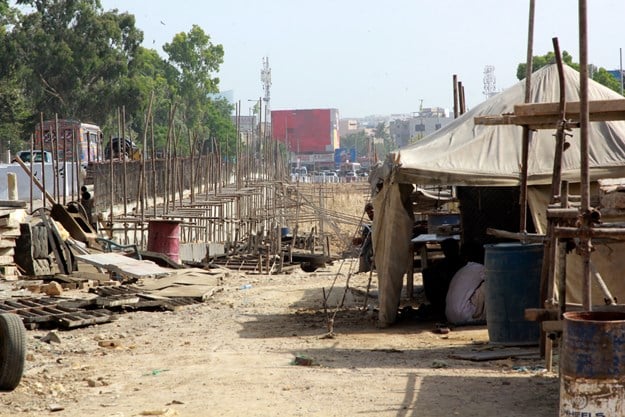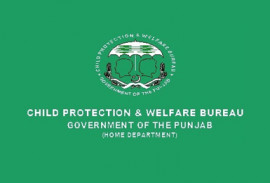
The Pakistan Tehreek-e-Insaf (PTI) government will allocate Rs7.7 billion for this project to provide better transit facilities to the citizens of Karachi. On Thursday, the Sindh government formally announced that it had stopped the procurement of buses on the instructions of Prime Minister of Pakistan Imran Khan and also submitted a proper request to the cabinet division in this regard. As many as 80 buses will be imported by next year.
Sindh govt cancels procurement of Green Line buses
The real reason
PM Khan considers Karachi a strong political fort of his party. He gave the direction to procure the buses, while taking strict notice of delays in the Green Line Bus project during his visit to Karachi last year. At the time, the PM had told officials that the project should be completed as soon as possible.
During the meeting, PM Khan had expressed the wish that all aspects of the project, including the construction, procurement of buses and operation should be carried out by the federal government.
The project
The federal government's Karachi Infrastructure Development Company Limited has been carrying out the construction of the Green Line Bus project. The construction commenced in 2016. It envisaged a dedicated bus corridor from Surjani Town (Abdullah Motors) to Municipal Park (Jama Cloth) via North Karachi, UP Morr, Nagan Chowrangi, North Nazimabad, Sher Shah Suri Road, Business Recorder Road, Numaish and MA Jinnah Road. As per the original plan, the entire project was to be completed by December 2017.
However, the project has been facing delays due to various reasons. The construction of the project from Surjani Town Abdullah Mor to Gurumandir has been completed. However, the work on stations is still under way, as is the construction of the underpass at Numaish Chowrangi.
KIDCL Chief Finance Officer Zubair Channa told The Express Tribune that the federal government's responsibility was to hand over the Green Line Bus project to the Sindh Government after the construction phase. It was the Sindh government's responsibility to purchase the buses, operationalise the project and implement the IITS.
He said that Prime Minister Khan visited Karachi on September 18, 2018, when he was briefed about the status of the project in a meeting. The Sindh chief minister and other officials were also present in the meeting.
PM Khan issued instructions in the meeting that all the packages of the Green Line Bus project should be pursued by federal government. According to this decision, the federal government will now cater to all the affairs related to the project, including the purchase of the buses. Channa said that the federal government would make all the buses operational in two or three years, after which the system would be handed over to the Sindh government.
According to Channa, the procurement of buses and their operationalisation was to be done by the Sindh Government, which is why as per the Constitution, a written approval of the Sindh government was compulsory. He added that CM Murad Ali Shah had now given the approval in this regard and a letter from the Sindh government to the Centre had also been received.
Transport Secretary Akhter Ghauri told The Express Tribune that they had sent a letter to the Cabinet secretary last month, which requests that as per requirements, all three components of the Green Line Bus project be looked after by the KIDCL. He added that the Sindh government had stopped the procurement of buses on the instructions of PM Khan.
What now
For his part, KIDCL's Channa said that work on PC1 has been initiated for the purchase of buses and the IITS. Preparations for the tender operation are also being started.
The federal government has given the approval for Request for Proposal for the project earlier this week. Now, the funds need to be approved. The KIDCL will complete the tender process and the contract will be awarded by June this year.
As many as 80 buses will be imported over a period of eight months at a cost of Rs4.5 billion rupees, while the IITS - which is the ticketing system - will be implemented at a cost of Rs3.2 billion.
According to Channa, the buses will be diesel hybrid buses which would run on battery too. The cost of the buses is comparatively higher, however, they are more fuel efficient and environment friendly.






1732012115-0/Untitled-design-(14)1732012115-0-270x192.webp)










COMMENTS
Comments are moderated and generally will be posted if they are on-topic and not abusive.
For more information, please see our Comments FAQ